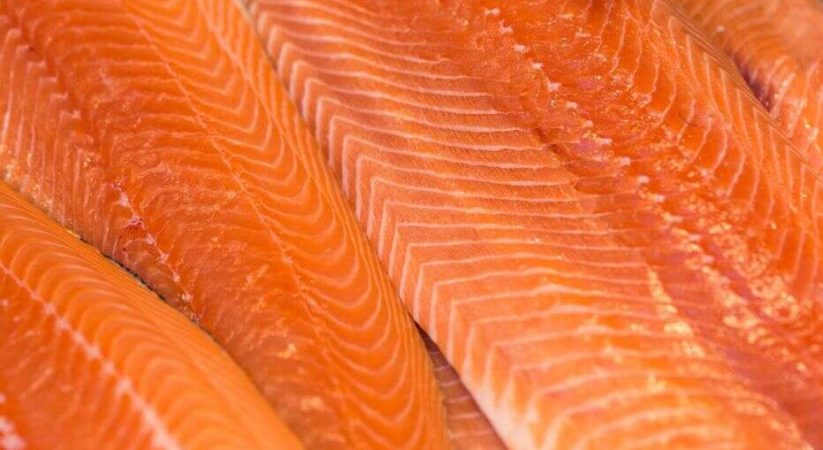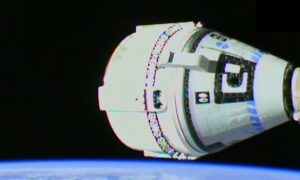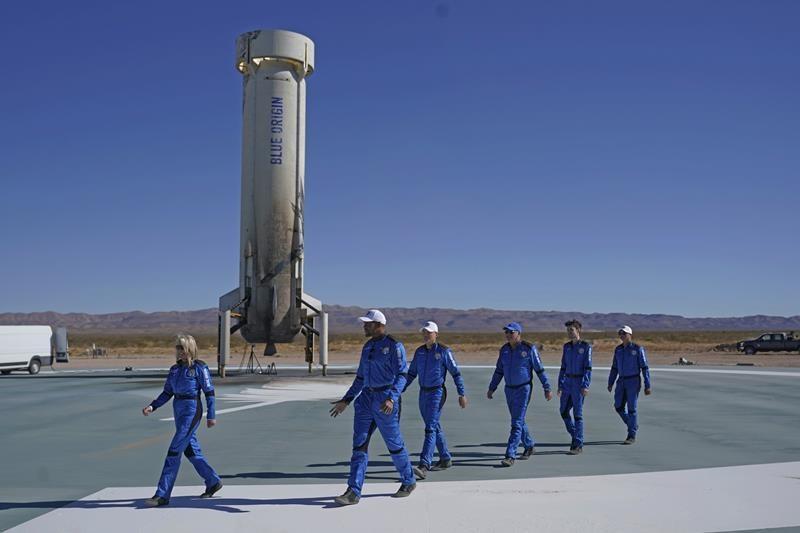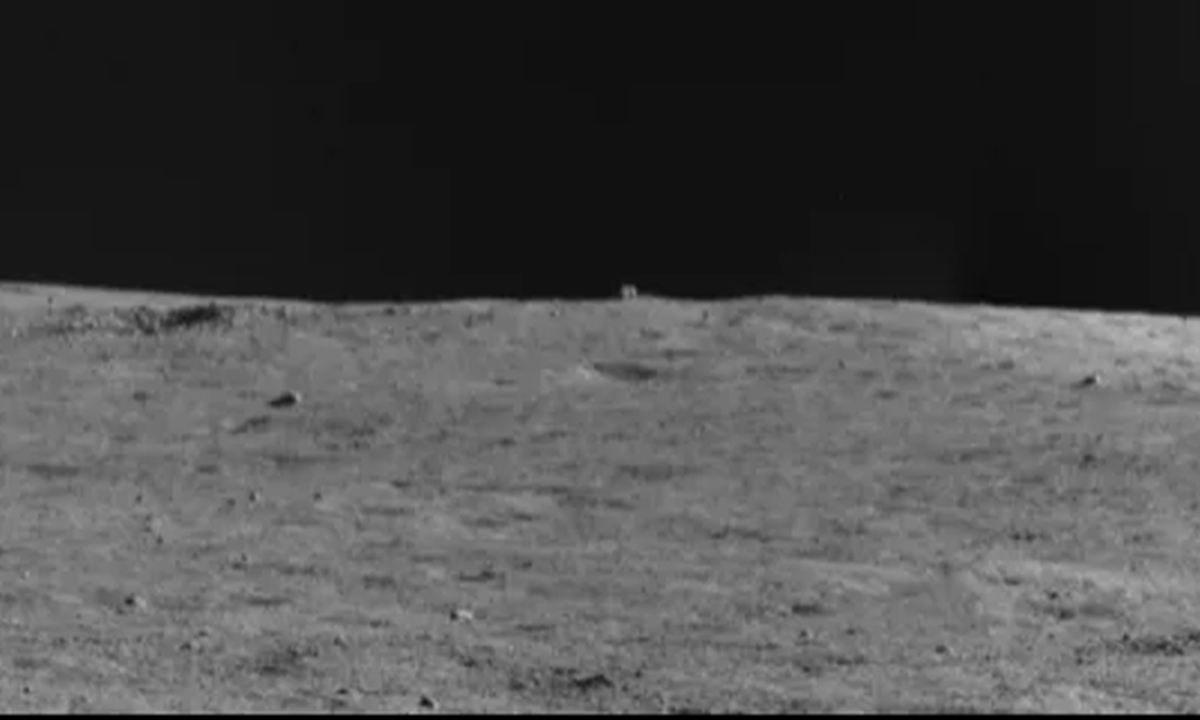Scientists on Monday said they found the main creature out of a large number of known species that can endure as long as its can remember without oxygen.
The Henneguya salminicola (H. salminicola) typically lives in the muscle of its salmon host. The 10-celled animal has developed to where it doesn’t inhale by any stretch of the imagination, as per an examination distributed in the National Academy of Sciences.
“Aerobic respiration was thought to be ubiquitous in animals, but now we confirmed that this is not the case,” said Dorothée Huchon, a zoologist at Israel’s Tel Aviv University in an official statement.
“Our discovery shows that evolution can go in strange directions. Aerobic respiration is a major source of energy, and yet we found an animal that gave up this critical pathway.”
The new revelation could affect a typical comprehension between researchers that multicellular life needs oxygen to live on Earth.
Utilizing profound sequencing approaches, the examination found the H. salminicola has no mitochondrial DNA – typically containing the qualities for breath – which implies the parasite “lost the ability to perform aerobic cellular respiration.”
It’s not clear how the H. salminicola gets by without oxygen, however Huchon – who drove the investigation – said it may be taking vitality from the fish. He included that the parasite’s anaerobic characteristics were an incidental disclosure.
“It’s not yet clear to us how the parasite generates energy,” Huchon said. “It may be drawing it from the surrounding fish cells, or it may have a different type of respiration such as oxygen-free breathing…it has shed unnecessary genes responsible for aerobic respiration and become an even simpler organism.”
The parasite is a myxozoan relative of jellyfish and corals that apparently causes ailment or growths in the tissue of its salmon host, yet is innocuous to people.
Mitochondrial breath has been an antiquated trait of multi-cell creatures on our planet. Each cell in our bodies aside from red platelets has huge quantities of mitochondria, as per science alert.
They are fundamental for separating oxygen to create adenosine which gives vitality to drive numerous procedures in living cells.
A couple of single-cell life forms lost the capacity for vigorous breath, yet never in creatures, the investigation said.
“It is generally thought that during evolution, organisms become more and more complex, and that simple single-celled or few-celled organisms are the ancestors of complex organisms,” Huchon concluded. “But here, right before us, is an animal whose evolutionary process is the opposite.”
Disclaimer: The views, suggestions, and opinions expressed here are the sole responsibility of the experts. No Chicago Headlines journalist was involved in the writing and production of this article.





